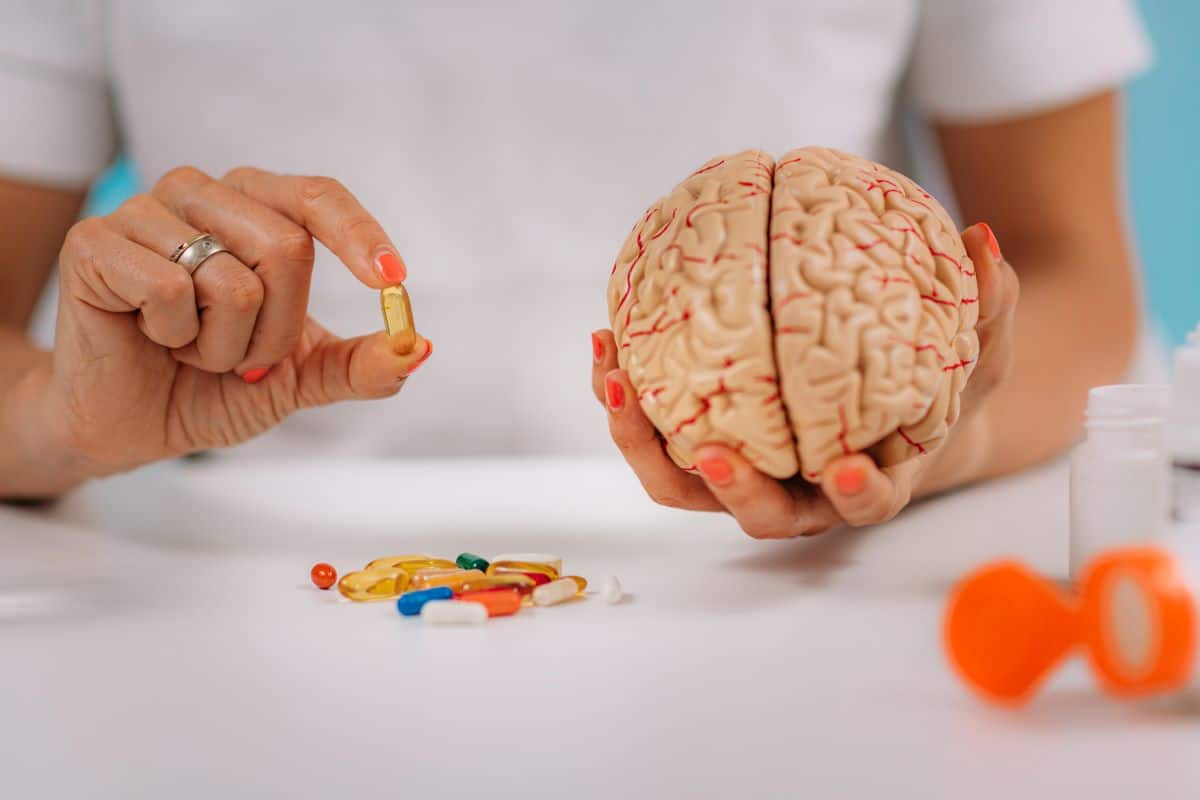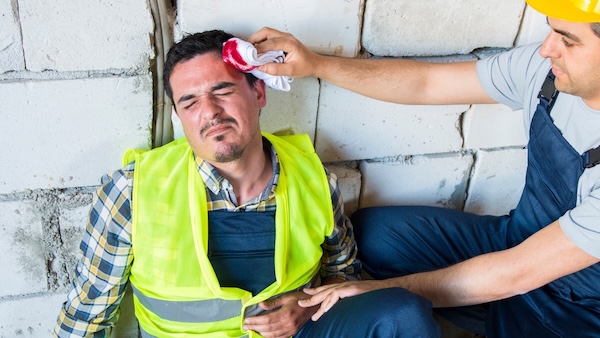
Understanding the Importance of VOMs Testing in Concussion Management
June 18, 2024
Which supplements assist with concussion recovery?
September 23, 2024Concussions in the workplace are a very common occurrence. They are more often associated with sports injuries, but are also a significant concern in workplace environments. Defined as mild traumatic brain injuries (mTBIs), concussions can occur from a blow to the head or body that causes the brain to move rapidly within the skull. While workplace safety measures have improved over the years, concussions remain a notable risk, impacting both employees and employers alike.
Statistics of Concussions in Australia
In Australia, workplace injuries, including concussions, are carefully monitored. According to recent statistics:
Data from the Australian Institute of Health and Welfare (AIHW) indicates that head injuries accounted for about 21% of all emergency department presentations for injuries, and 25% of all injury hospitalisations in 2020-21. While the specific percentage of workplace concussions and head injuries isn’t separately detailed, these statistics give a broader context of the prevalence of head injuries in various settings, including workplaces (Australian Bureau of Statistics) (AIHW).
Falls, which can result in concussions, were among the top causes of workplace injuries, accounting for 17% of work-related injuries during this period (Australian Bureau of Statistics).
These statistics underscore the importance of understanding and mitigating the risks associated with concussions in various workplaces across Australia.
Common Types of Concussions in the Workplace
- Fall-Related Concussions: Falls from heights or slips on slippery surfaces are common causes of concussions in many workplaces. Construction sites and warehouses, where heights and uneven surfaces are prevalent, pose significant risks.
- Struck-by Object Concussions: Workers in manufacturing and construction are often at risk of being struck by falling or moving objects. These impacts can lead to concussions, particularly when protective gear is inadequate.
- Vehicle-Related Concussions: Workers who operate vehicles or heavy machinery face risks from collisions or sudden stops. Even minor incidents can result in concussions due to the forces involved.
- Assaults or Physical Altercations: In certain industries, such as healthcare or security services, workers may face the risk of assault or physical altercations, leading to head injuries, including concussions.
Symptoms and Effects of a Concussion
Concussions can manifest in a variety of symptoms, which may appear immediately or develop over time. Common symptoms include:
-
- Physical Symptoms: Headache, dizziness, nausea, vomiting, balance problems, and sensitivity to light or noise.
- Cognitive Symptoms: Confusion, memory problems, difficulty concentrating, and feeling mentally “foggy.”
- Emotional Symptoms: Irritability, sadness, nervousness, and emotional instability.
- Sleep Disturbances: Difficulty falling asleep, sleeping more or less than usual, and fatigue.The effects of a concussion can vary from mild to severe and may impact an individual’s ability to work and perform daily activities.
Recovery Time and Management
Recovery time for concussions can vary widely depending on the severity of the injury and the individual’s overall health. On average mild concussions may require a few days to a couple of weeks for recovery. Most individuals return to normal activities within 2-3 weeks.
Moderate to Severe Concussions can require several weeks to months for full recovery. In some cases, symptoms may persist for a longer period, necessitating extended medical care and rehabilitation.
During recovery, it is crucial for individuals to rest and avoid activities that could exacerbate symptoms or risk further injury. This may include taking time off work, avoiding strenuous physical activities, and limiting cognitive tasks such as reading or using electronic devices.
Making an Appointment with The Melbourne Headache & Concussion Group
The Melbourne Headache & Concussion Group (operating within Williamstown Health & Lifestyle) is trained in the management of concussions. After a series of assessments aimed at determining what is driving your symptoms (i.e. vision, balance, cognition), we can apply the appropriate management strategies to address it.
We employ several strategies, such as manual therapy, vestibular & visual rehabilitation, and exercise therapy, to assist you in managing concussion symptoms. You can read more about our process here.
Don’t hesitate to book an appointment if you experience a work-related concussion using our online booking tool.

